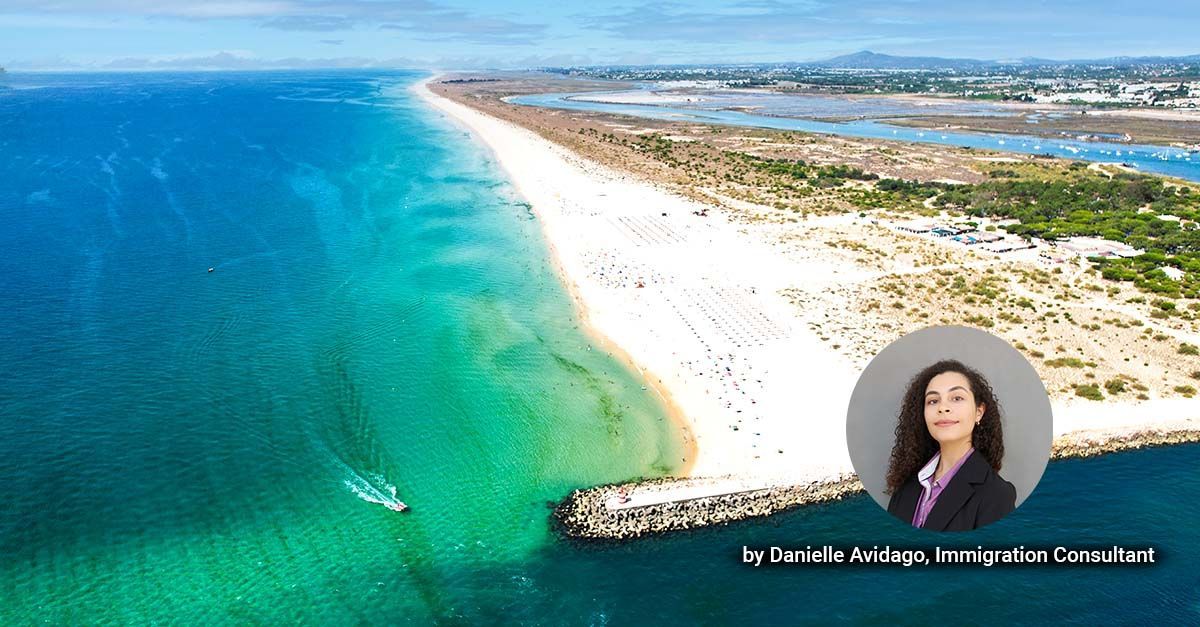Establish your business in Portugal – How to Incorporate a Company

Vasco Apolinário Rodrigues | Advogado
Portugal is a highly attractive country for setting up a business. The open access to the European Union for Portuguese companies and a growing market in Portugal are the main factors that make the country attractive for establishing a business.
Below, we explain in general terms the steps for setting up a company in Portugal.
Step 1 – Request a Tax ID Number or Company Number for the Shareholders
If the shareholders of the Portuguese Company are individuals, the first step in the incorporation process is to request Tax ID Numbers for each shareholder.
Conversely, if the shareholders are foreign companies, the first step is to request a company number in Portugal. Please note that appointing a fiscal representative is mandatory for foreign companies operating in Portugal.
Step 2 - Request the Certificate of Admissibility – Choosing the Company Name
To request the company name, it is mandatory to apply for a Certificate of Admissibility. The application must include the following information:
- Three options for the company name;
- The company’s address;
- A description of the company’s commercial activity.
Please note that it is also possible to select a pre-approved company name from the list of available names online.
A government fee applies to the Certificate of Admissibility request.
Step 3 – Registration of the Company
After the name is approved, you can submit the company registration request. It is mandatory to submit the Articles of Association, signed by the shareholders, and to appoint the company’s director(s). At this step, the shareholders need to determine the share capital of the company and the percentage of social capital that each shareholder will hold.
Please note that for Public Limited Companies, the minimum share capital is €50,000 (fifty thousand euros), and for Private Limited Companies, the minimum share capital is €1 (one euro).
The Articles of Association can be customised, or a standard draft provided by the Portuguese Commercial Registry Office can be used.
A governmental fee applies for the registration of the company.
Once the registration request is approved, the Commercial Registry Office issues a code to access the Certificate of Incorporation.
Step 4 – Ultimate Beneficiary Ownership Declaration
Law No. 89/2017 of August 21st transposes Chapter III of Directive (EU) 2015/849 of the European Parliament and of the Council of 20th May 2015 and establishes the obligation of all the Portuguese Companies to submit a specific declaration indicating who the ultimate beneficiary owners of the companies are.
This Declaration must be submitted immediately after the approval of the company’s registration, as it will be necessary to open the company’s bank account.
The Ultimate Beneficiary Ownership Declaration is not subject to governmental fees.
Step 5 - Bank Account
Once the company’s Certificate of Incorporation and the Ultimate Beneficiary Ownership Declaration are issued, the company needs to open a bank account.
The company must have a bank account to register the beginning of activity with the Tax Authority.
Step 6 – Registration of the Beginning of Activity with the Tax Authority
For this step, the company must have a Certified Accountant nominated to represent the company at the Tax Authority.
The designated Certified Accountant will have 15 days after the incorporation of the company to submit the declaration of the beginning of the activity.
Step 7 - Registering with Social Security
Registering the company and its managers with Social Security, using the form available on the Social Security website, is the last step in the process of the company’s incorporation.
Once all the previously mentioned steps are completed, the company is ready to start pursuing its commercial activities.
Step 8 – Protect your brand
Trademark registration serves as a legal shield against unauthorized use of the brand, signaling the company's firm intent to protect its intellectual property. Displaying the ® symbol warns potential infringers, reducing the risk of competitors diverting customers through brand imitation. Furthermore, in cases of infringement, the registered owner may seek legal remedies, including the possibility of obtaining monetary damages.
The trademark itself is a valuable corporate asset, enhancing the company’s overall worth; it can be leveraged to attract investors, secure investments, and contribute to financial valuations in accounting practices.
The trademark owner has the flexibility to determine the scope of protection, whether limited to national registration, expanded to cover the entire European Union, or extended globally. As expert trademark attorneys, we will provide strategic guidance on the most effective level of protection to align with your business goals and market reach. Our counsel will consider factors such as target markets, potential expansion, and risk of infringement in specific jurisdictions to ensure that your intellectual property is optimally safeguarded.
For a new business, trademark registration is an essential investment in securing your brand's integrity and future growth. A registered trademark protects your unique brand identity, preventing competitors from capitalizing on your hard-earned reputation. It strengthens your competitive edge, reinforces customer loyalty, and increases your business’s attractiveness to investors. In a marketplace where reputation and brand identity are vital, a registered trademark offers a foundation of legal protection and brand value that can drive long-term success.
If you are planning to move or establish your business in Portugal, or if you need further information on Portugal's commercial law,
contact us. With years of expertise in Portuguese Corporate and Tax law, LVP Advogados is ready to assist you every step of the way.

© COPYRIGHT 2023 LVP ADVOGADOS, ALL RIGHTS RESERVED PRIVACY TERMS & CONDITIONS LEGAL STATEMENTS










